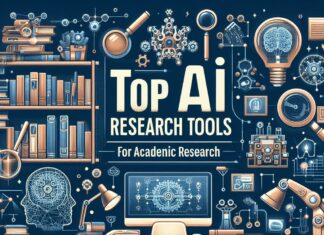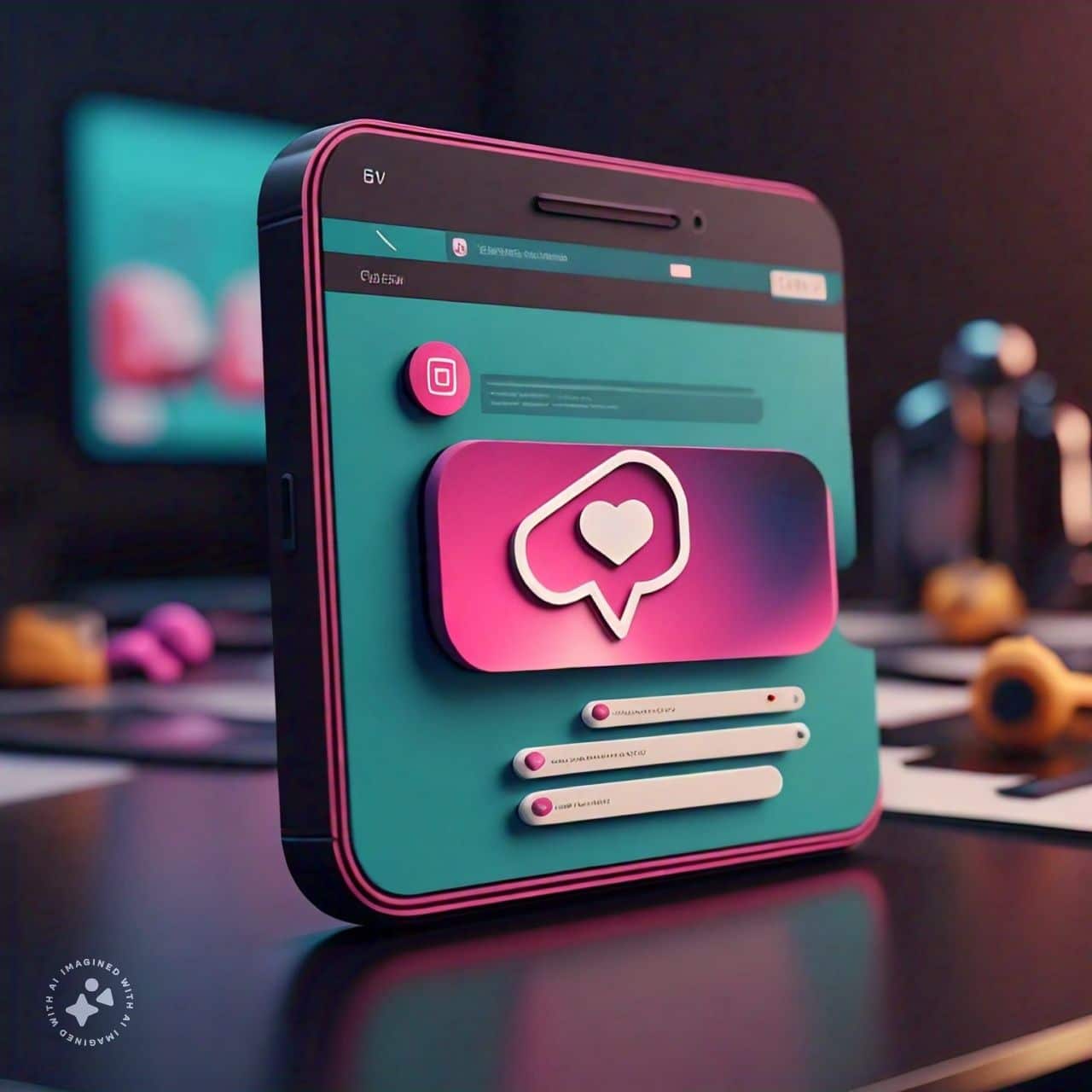The gaming industry is evolving at a breakneck pace, and Android game development with the help of AI is at the forefront of this transformation. Artificial Intelligence (AI) is no longer just a buzzword—it’s a powerful tool that’s reshaping how games are designed, developed, and played. From creating intelligent NPCs to generating dynamic content and optimizing performance, AI is enabling developers to build smarter, more immersive, and highly engaging Android games.
Whether you’re an indie developer or part of a large studio, understanding how to leverage AI in Android game development can give you a competitive edge. In this article, we’ll explore the role of AI in game development, the tools and technologies driving this change, and why embracing AI is essential for creating the next generation of Android games.
Table of Contents
1What is AI in Android Game Development?
AI in Android game development refers to the integration of artificial intelligence technologies to automate, enhance, and optimize various aspects of game creation. This includes designing intelligent non-player characters (NPCs), generating procedural content, improving graphics, and personalizing player experiences.
For example, AI can analyze player behavior to adjust game difficulty in real-time, create vast and unique game worlds through procedural generation, and even assist in debugging and testing. The result is faster development cycles, lower costs, and games that are more engaging and tailored to individual players.
2How is Transforming Android Game Development with the Help of AI
1. Intelligent NPCs and Adaptive Gameplay
One of the most exciting applications of AI in Android game development is the creation of intelligent NPCs. Unlike traditional NPCs, which follow pre-programmed scripts, AI-powered NPCs can learn from player behavior and adapt dynamically.
For instance, in a strategy game, AI can analyze a player’s tactics and adjust the difficulty level accordingly. This creates a more dynamic and engaging experience, keeping players hooked for longer.
Learn more about AI-driven NPCs in this Unity AI guide.
2. Procedural Content Generation
Creating unique and engaging content is one of the biggest challenges in game development. AI solves this problem through procedural content generation (PCG), which uses algorithms to automatically generate game assets like levels, maps, and textures.
Games like Minecraft and No Man’s Sky have already demonstrated the potential of PCG. By incorporating AI into Android game development, developers can create vast, ever-changing worlds that keep players coming back for more.
3. Enhanced Graphics and Realism
AI is also revolutionizing game graphics. Technologies like AI-powered upscaling and ray tracing enable developers to create stunning visuals without compromising performance.
For example, Nvidia’s DLSS (Deep Learning Super Sampling) uses AI to upscale lower-resolution images in real-time, delivering high-quality graphics on Android devices with limited hardware capabilities.
4. Streamlined Testing and Debugging
Testing and debugging are critical but time-consuming aspects of game development. AI can automate these processes, identifying bugs and performance issues faster than human testers.
Tools like Applitools and Testim use AI to analyze game code, detect anomalies, and suggest fixes. This not only speeds up development but also ensures a smoother, more polished final product.
5. Personalized Player Experiences
AI can analyze player data to create personalized gaming experiences. For example, it can recommend in-game purchases, adjust difficulty levels, or even modify storylines based on individual preferences.
This level of personalization not only enhances player satisfaction but also increases retention and monetization opportunities.
3Top AI Tools for Android Game Development
1. Unity ML-Agents
Unity’s ML-Agents Toolkit is a powerful tool for integrating AI into Android games. It allows developers to train intelligent NPCs using reinforcement learning, creating more realistic and engaging gameplay.
Explore Unity ML-Agents on the official Unity website.
2. TensorFlow Lite
TensorFlow Lite is a lightweight version of Google’s TensorFlow framework, designed for mobile and embedded devices. It’s ideal for implementing AI features like image recognition and natural language processing in Android games.
3. Amazon GameLift
Amazon GameLift is a cloud-based service that uses AI to manage multiplayer game servers. It ensures low latency and high performance, even for games with thousands of concurrent players.
4. OpenAI Gym
OpenAI Gym is a toolkit for developing and comparing reinforcement learning algorithms. It’s particularly useful for training AI agents in complex game environments.
4Benefits of Using AI in Android Game Development
1. Faster Development Cycles
AI automates repetitive tasks like testing, debugging, and asset generation, allowing developers to focus on creativity and innovation.
2. Cost Efficiency
By reducing the need for manual labor and minimizing errors, AI helps lower development costs.
3. Enhanced Player Engagement
AI-powered features like adaptive gameplay and personalized experiences keep players engaged and coming back for more.
4. Competitive Advantage
Incorporating AI into your Android games can set you apart from competitors, attracting both players and investors.
5Challenges and Considerations
While AI offers numerous benefits, it’s not without challenges:
- Complexity: Implementing AI requires specialized knowledge and skills.
- Cost: High-quality AI tools and technologies can be expensive.
- Ethical Concerns: The use of AI in gaming raises questions about data privacy and fairness.
To overcome these challenges, developers should invest in training, choose cost-effective tools, and prioritize ethical AI practices.
6The Future of AI in Android Game Development
The future of Android game development is undeniably intertwined with AI. As AI technologies continue to evolve, we can expect even more innovative applications, such as:
- AI-Generated Storylines: Games with dynamic, AI-driven narratives that adapt to player choices.
- Emotion Recognition: Games that respond to players’ emotions in real-time.
- Cross-Platform AI: Seamless integration of AI features across Android, iOS, and other platforms.
By 2030, the global AI in gaming market is projected to reach $11.4 billion, driven by advancements in machine learning, cloud computing, and 5G technology.
7Conclusion: Embrace AI to Revolutionize Your Android Games
AI is no longer a futuristic concept—it’s a present-day reality that’s transforming Android game development. From intelligent NPCs and procedural content generation to personalized player experiences, AI offers endless possibilities for innovation and growth.









